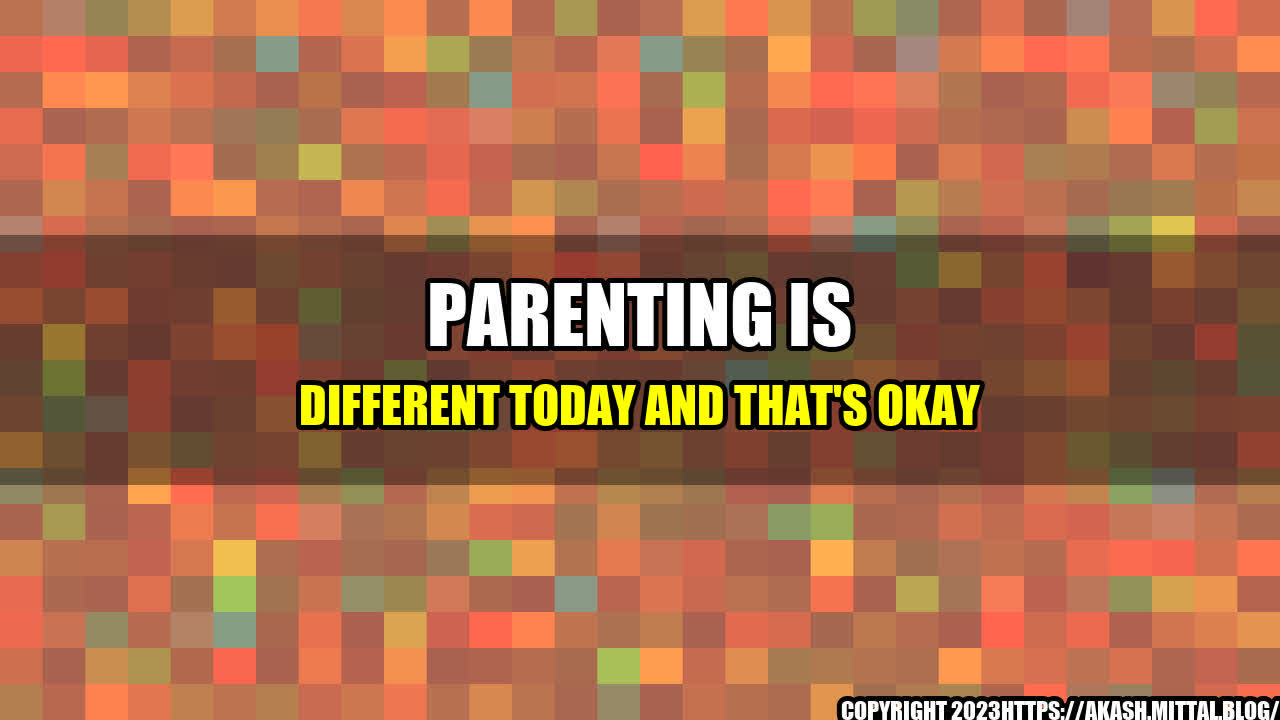The Story of Sarah's Parenting Journey
Sarah always knew she wanted to be a mom. She daydreamed about it during college lectures and carefully planned her career around having a family. When her first child was born, Sarah was overjoyed and excited to embark on the journey of parenthood. She read all the parenting books she could find, diligently followed pediatrician recommendations, and joined a mommy group for support. But as her child grew older and she added more children to her family, Sarah began to feel overwhelmed and frustrated.
Everywhere she looked, there seemed to be a new parenting trend or advice contradicting what she was already doing. Some friends were letting their children co-sleep, while others were sleep-training at 3 months. Some moms were feeding their babies purees, while others were promoting baby-led weaning. And don't even get her started on the debate over screen time.
It wasn't until she confided her concerns to her own mother that Sarah began to understand that parenting had evolved since she was a child. "We didn't have all of these books and opinions and resources when you were growing up," her mother said. "We just did the best we could with what we had."
That conversation was a turning point for Sarah. She realized that the reason she felt like she was struggling was because she was holding herself to an impossible standard. She couldn't possibly follow every new trend or advice out there, but that didn't make her a bad mom. Instead, she decided to embrace the changes in parenting and find what worked for her family.

Curated by Team Akash.Mittal.Blog
Share on Twitter Share on LinkedIn